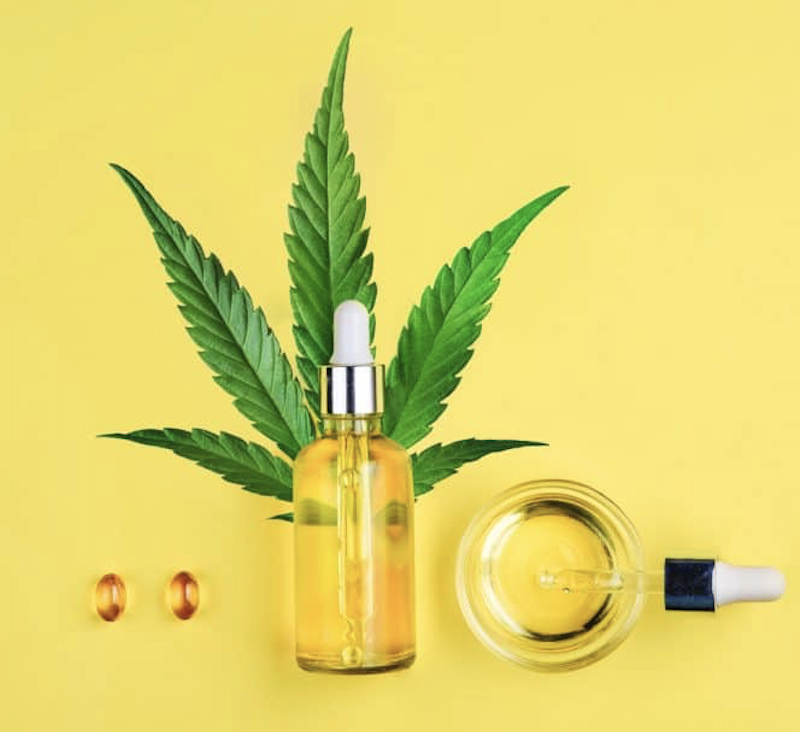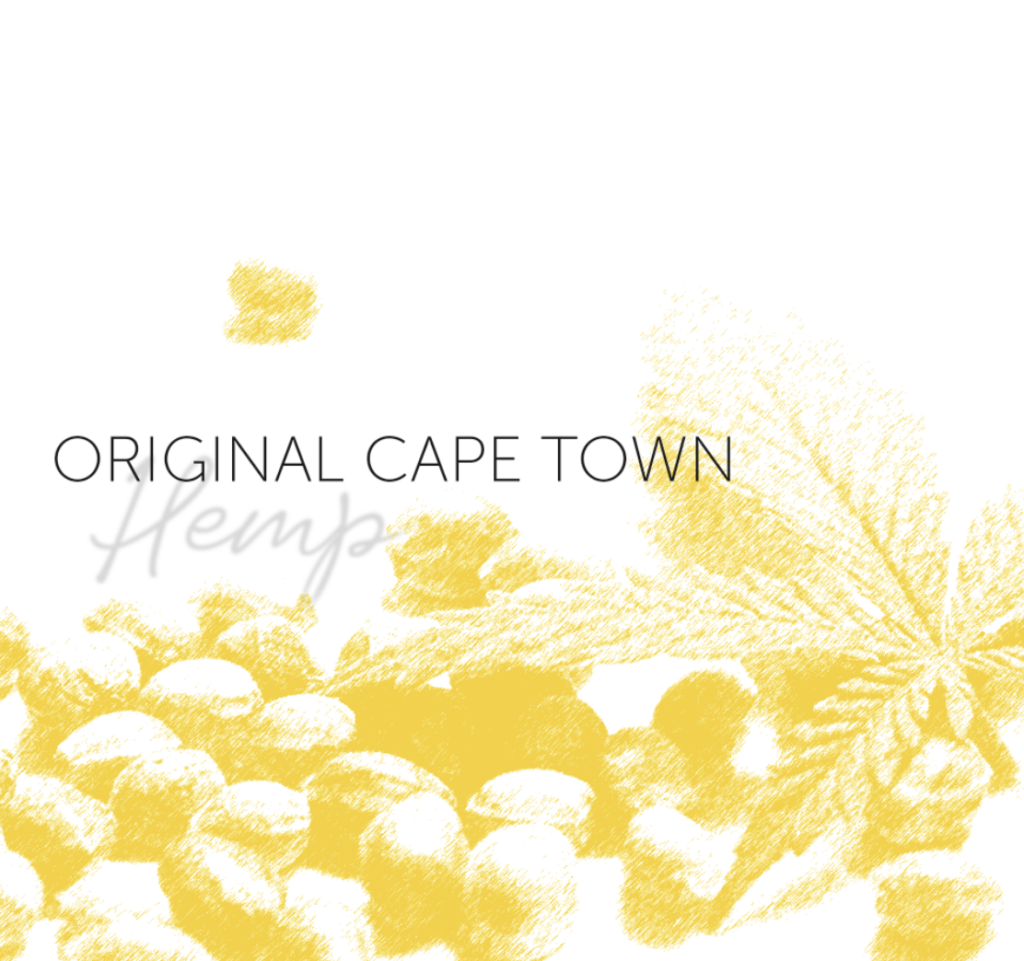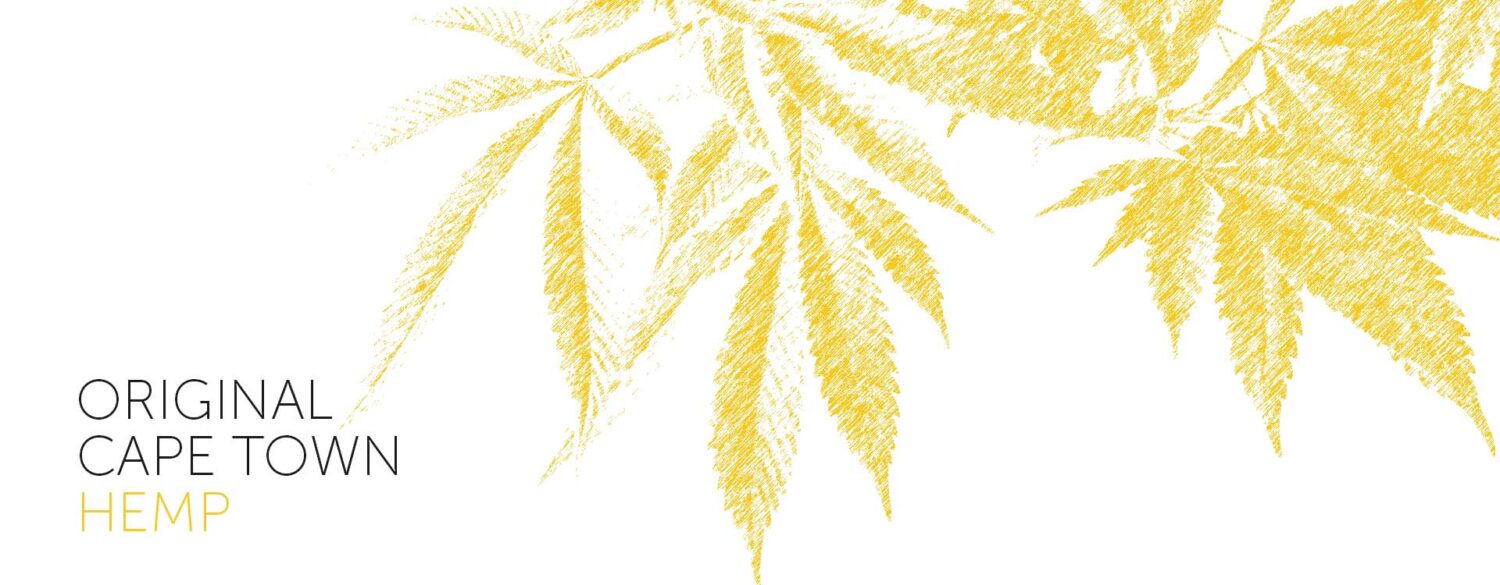Is SA ready for the hemp crop?
While we are able to apply for and get our hemp permits, does this mean we are ready to farm?
Most countries that have taken back to hemp farming have an extensive background in hemp farming and processing with machinery dating back to the 1930’s. South Africa does not have this history and are needing to come up with intuitive methods to process the hemp plants.

With the “boer maak n plan” (farmer makes a plan) mentality, we ought not be too concerned by the current lack of farming machinery and infrastructure to achieve what we need to in terms of processing ability. We are seeing the likes of John Deer releasing their hemp harvesting tractor as well as industry pioneers developing decorticators that are reverse engineered from other basic machines from China. Where we might see bigger victories is in developing machinery that can cater to our specific needs in the hemp industry. There is a big difference in harvest methodology if our stalks are 2cm thick versus 7cm-10cm thick. Not only harvest but also to process this into secondary products like hemp hurd or hemp fiber, an industry standard portable decorticator might not be strong enough to withstand hemp grown in South Africa.
While the focus of this article is in our ability (or lack thereof) to process the industrial hemp, we must keep in mind that the product needs to be sold (at large scale) to buyers who take the biomass to retail level products. Farmers are reluctant to farm if there is no buyer. South Africa is a notoriously conservative nation and for some, they would prefer not to engage with this taboo plant. Fortunately due to the changing legal status and rescheduling of CBD, we now find cannabis products making their way to grocery store shelves in many shapes and forms including CBD infused beverages and oils.

South Africa does not host a seed bank of certified seeds that farmers could tap into for supply, the seeds need to be imported by private agents and distributed to wanton farmers. We lack the data that is needed to make larger farming decisions, like which train to work with when farming up to 50 hectares of land. The currently listed “SA Hemp 1” and “SA Hemp 2” hemp strains are far from laudable regarding their yield and there is a lack of supply of this seed with agencies like the Agriculture Research Council. We need to look offshore to find compliant seeds and this transaction makes for limited access to this industry. It must be noted that our brothers and sisters in the amaPondo region, EC, are sitting on ample supply of their local landrace seed, but this seed yields up to 3% THC which is beyond the 0.2%THC hemp limit. We can celebrate the lobby efforts of concerned citizens that allowed for the introduction of regulation 10C(1)(k) “exempting, or providing for the exemption of any persons or classes of persons, from any provision of any regulations in terms of this section which imposes conditions or obligations” to the Cannabis for Private Purposes Bill currently on Parliaments tables.
We have news of Canadian companies sending down their “hemp train” which is a big scale hemp processor. This will be erected in the amaPondoland region which will assist the locals in processing their crops into usable products. We need around 250 processing plants to cater to the 1 million + hectares that will need to be grown so that one can see this industry take root the way it needs to.
Currently SA hemp industry faces two major challenges. Certified seed supply readily available to farmers and then the ability to process these crops into secondary and tertiary products. These are the more immediate challenges not to mention the need for a consumer base that will buy off these products.

OGCT is in the process of testing hemp strain viability in working with four strains imported from Europe. These strains are Ferimon, Futura 75, Felina 32 and Santhica 27. If you have any experience in farming with these listed strains, we would love to hear from you!
Our mission is to assist farmers getting their first hemp crop underway which is met with the challenge (or opportunity) of needing off-take agreements. Presently we are garnering support from Europe in securing off-takes for hemp seed and hemp oils, we believe our African grown hemp will yield very attractive results.
Objectively speaking we probably are not ready to take on all this industry needs to thrive, however we will see independent farmers solve the issues they face regarding harvesting and processing this versatile plant.
For hemp seeds in South Africa, reach out to us via email to info@ogct.co.za.
